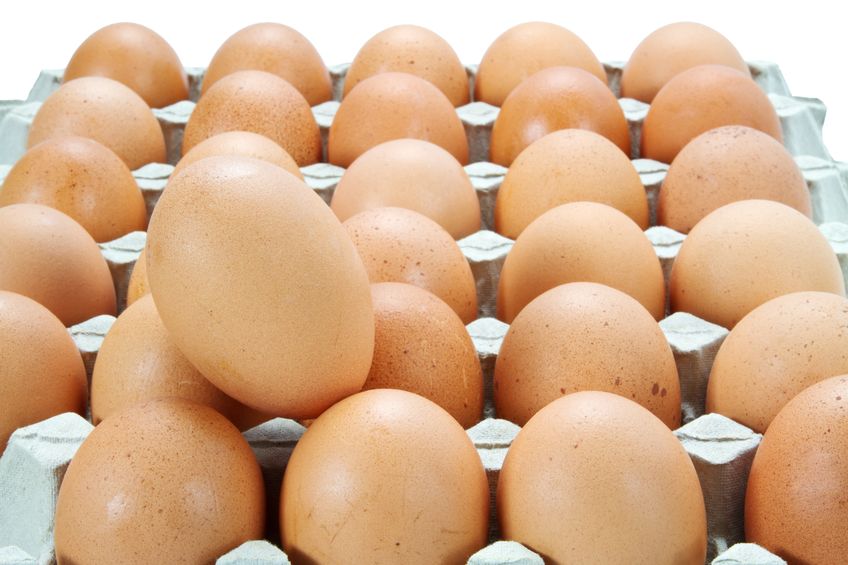UK sees significant increase in organic egg production

New government figures have provided more evidence of a significant increase in organic egg production in the UK.
Defra's annual organic farming statistics show that the number of full organic laying hens in the UK was just under 1.6m in 2019 - an increase of just over 12% on the previous year.
The total number of organic layers was 1,584,300 last year compared with 1,412,800 in 2018, according to the department.
Organic birds accounted for 3.8 percent of the UK layer flock, the report added.
In April, the Soil Association reported that sales of organic eggs were enjoying "double digit growth", as it published its annual organic market report.
Sales of organic overall increased by 4.5% last year, according to the report, but organic eggs were among the stars of the organic food sector, according to Soil Association trade consultant Finn Cottle.
"Eggs are certainly one of the strongest performers in terms of how they have performed in 2019," said Mr Cottle.
"The trend for both eggs and poultry is double digit growth by value. We have seen just over 12 per cent growth by value for eggs."
The most recent packing stations statistics released by Defra show that organic egg production is still increasing.
Statistics for the first three months of the year revealed that 254,000 cases of organic eggs passed through UK packing centres compared with 238,000 cases in the same period in 2019. This was an increase of 6.7%.
The government's latest organic market report shows that in 2019 the UK had a total area of 485,000 hectares of land farmed organically – an increase of 2.4% since 2018.
This increase has been driven by the rise in fully organic land, which has increased by 3.6% compared to 2018. This has more than offset the decrease in the area of in-conversion land.
Organic poultry numbers overall increased again - from 3.38m in 2018 to 3.46m in 2019. This was a rise of 2.5% year-on-year and an increase of nearly 23% on the 2.82m birds recorded in 2016, although organic broiler numbers were down in 2019.
Numbers hit 1.88 million in 2018 but were down to 1.76 million in 2019. They account for 1.5 percent of total broiler numbers.
The layer sector was clearly the outstanding performer in UK organic livestock farming, according to the Defra report.
The number of organic cattle, sheep and pigs all fell in 2019, according to the report. Cattle were down by 7.2 %, sheep by 5.4% and pigs by 9.3%.
Clare McDermott, business development director for Soil Association Certification, said: “We are really pleased to see an increase in certified organic land in the UK in 2019, as well as a 14% increase in farmers with land in conversion to organic with Soil Association Certification last year.
“More and more people are looking for organic products when they shop, leading to the eighth consecutive year of sales growth in the UK’s organic market in 2019 - now worth a record £2.45 billion
"It’s also great to see a significant increase in the land being used to grow organic cereals, as demand for these on farms for animal feed is growing faster than UK producers can supply."
In its own recent organic market report, the Soil Association said that eggs were amongst the highest penetration organic foods in the UK last year.
"The main organic products in supermarket baskets continue to be everyday items, where habits are established. Highest penetration items are carrots (14%), bananas (9.8%), eggs (8.8%), yoghurts (7.8%), tea (8%) and milk (5.5%)," it said.
Eggs were now approaching nearly 10% of all eggs sold in retail in this country, according to the report, although the UK still lagged behind some European markets.
In Germany, organic eggs had the top organic share in their category, accounting for 12 percent of all eggs sold.








